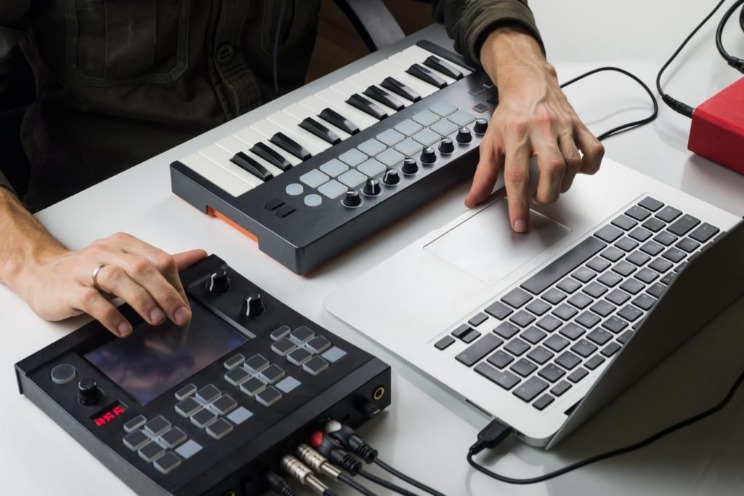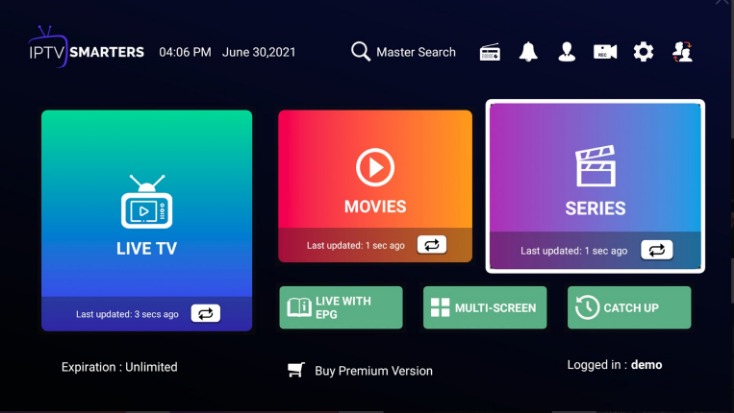Moreover, any producer comes with their preferred plug-ins, which they have become very accustomed to over years of use. So having deep musical, business and technical knowledge are all very much at the core of what makes a lot of successful producers desirable to work with. This way they bring expertise to the table the artists don’t necessarily carry themselves. Discover the challenges and opportunities of music production in our guide to becoming a music producer. Learn what a music producer does and the skills required to make it your career.
Therefore, what is really important is that for every track you start, you must try and push on through to completion so that you get to practise every one of those skills. Think of it this way — every time you finish a track you are steadily strengthening each of those key areas of expertise and becoming a better producer. For example, knowing immediately why a note or chord sounds ‘off’ in your track will save you time and effort trying to rectify the issue. When you offer your music producer services for free or at a discounted rate, it can help you build your portfolio, network, and gain real-world experience. A music producer’s responsibilities are to find creative workarounds.
Get a Business License
Choosing the right Digital Audio Workstation (DAW) is crucial because it serves as the primary tool for your music production process. DAWs come with a range of built-in features and plugins, such as virtual instruments, effects processors, and more. A Digital Audio Workstation (DAW) is an essential tool for any music producer. Read more about Vocal Presets here. This will help you a great deal when you’re first discovering how to become a music producer. When you’re first starting out your music production journey, there are a few fundamental concepts you should get familiar with.
Technical skills
Continuously listen to your rough mix, make adjustments, and then listen again. It may take several rounds of tweaking before settling on the final mix. The difference is, with serious focus and intent, you’ll get better each time. You should have a monumental output, making as many songs as possible.
In the beginning stages of your audio post career, it’s best to focus on learning fundamental skills and practicing them in a low-stakes environment. While the urge to start looking for work right away can be strong, you’ll benefit immensely from taking some time to research the profession, ask “stupid” questions, and make mistakes. There are many paths through the post-production sound industry, and where you start may not necessarily dictate where you end up.







